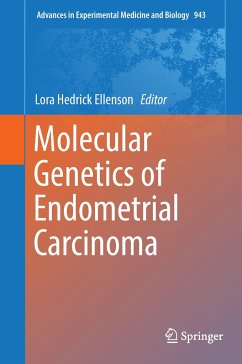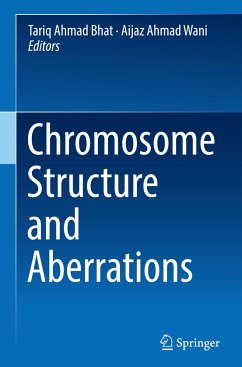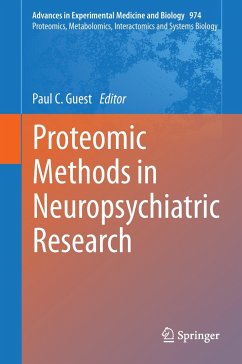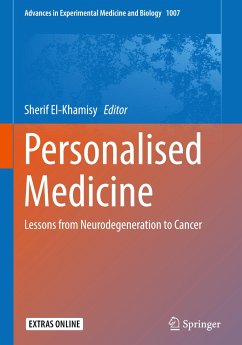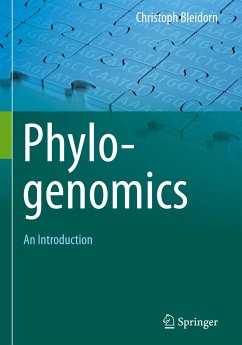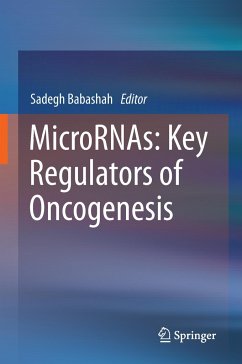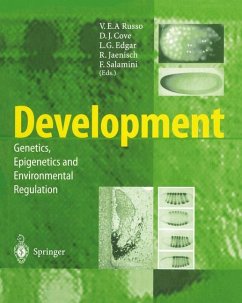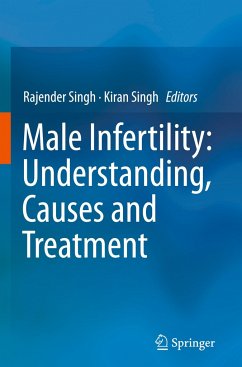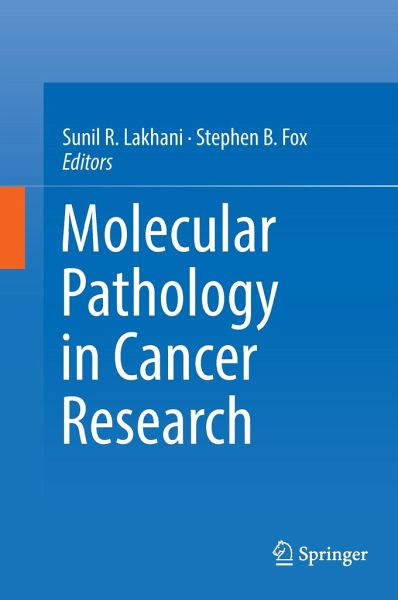
Molecular Pathology in Cancer Research

PAYBACK Punkte
57 °P sammeln!
The aim of the book is to discuss the application of molecular pathology in cancer research, and its contribution in the classification of different tumors and identification of potential molecular targets, as well as how this knowledge may be translated into clinical practice, and the huge impact this field is likely to have in the next 5 to 10 years.



